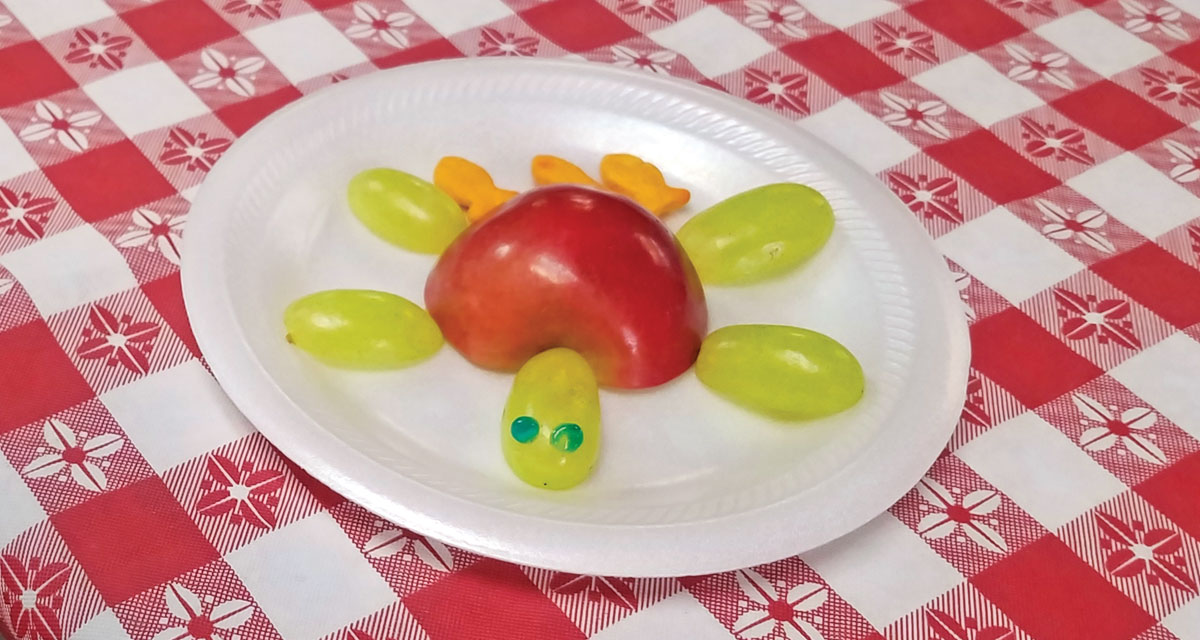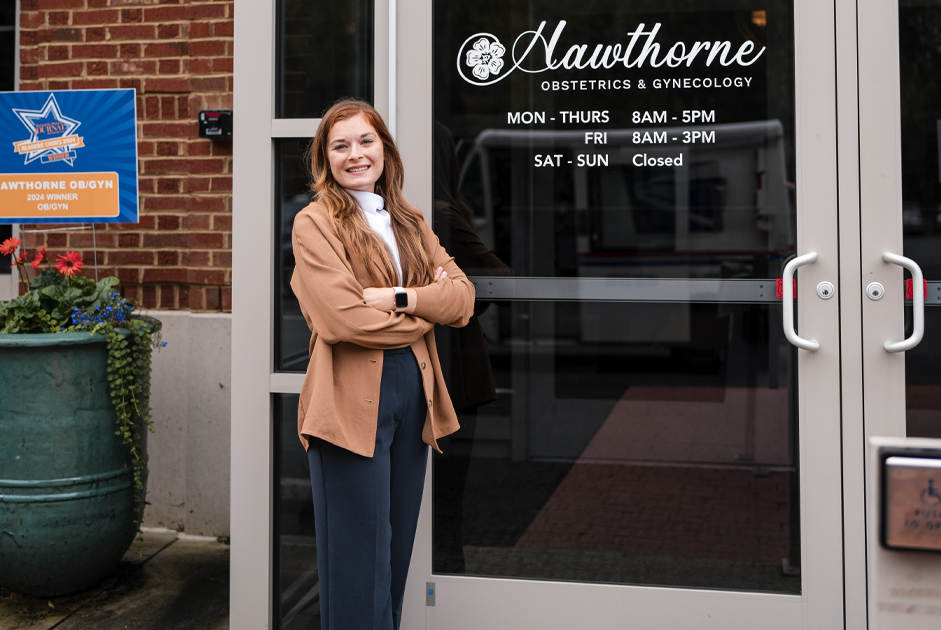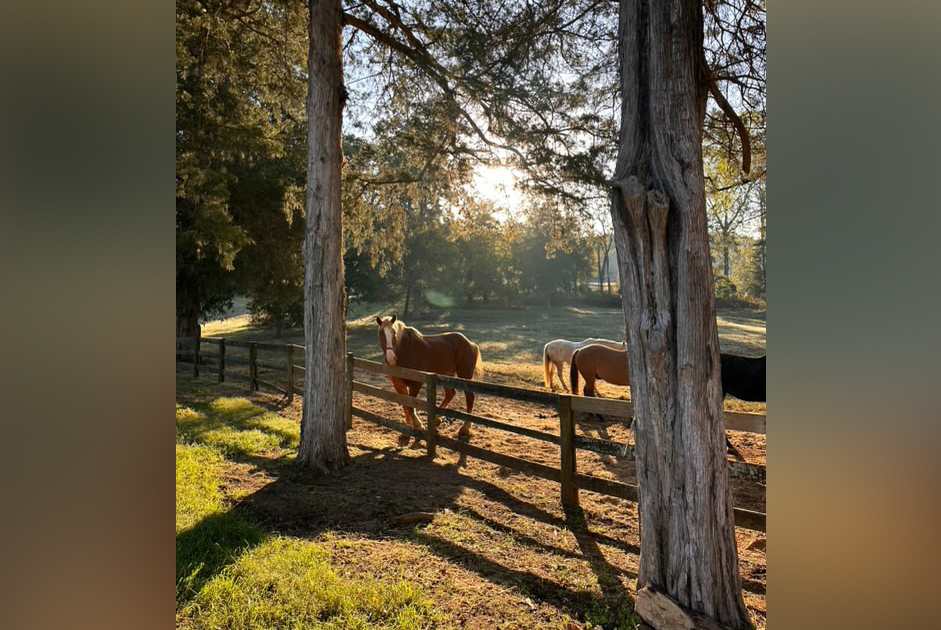BY GWEN FRISBIE-FULTON
Do kids and vegetables really not go hand in hand?
Not at all! They are made for each other. We learn our eating habits at an early age, but we can change and start early teaching our kids about the importance of healthy food and exercise for growing bodies.
Kids are like sponges, and for the most part they are eager to learn. I believe that, given a chance, children will learn to adopt good habits because they realize the benefits.
How young can a child start cooking? What are ways for children to get involved in the kitchen?
I tell parents all the time that toddlers can start helping in the kitchen as early as two years old! Toddlers can tear lettuce or greens; slightly older kids can snip parsley with scissors or use an egg beater. Using the kitchen in your own home is a great place to engage with kids and teach them healthy eating habits early—I say, the younger the better! Parents should continue to introduce new foods all the time and have their children “play” with different foods, exploring textures, colors, and smells.
What do young children understand about nutrition? How can we explain to them it is important without boring them to tears?
I strongly feel that modeling healthy eating habits is central to teaching kids the importance of good nutrition. Providing fruit and vegetables as snacks instead of less healthy items is a simple and easy way to help them while helping yourself! Children should be included when shopping for, and when preparing, fruits and vegetables. Teaching kids where their food comes from is also a great way to increase their knowledge and appreciation, engaging their natural curiosity. If given a chance, most kids love gardening and getting their hands dirty! It’s not hard to make nutrition a fun family affair!
We live in a world bombarded with unhealthy options, and some of those are marketed to children. How do you suggest that parents navigate this?
Parents should establish a strong foundation and plan early, so that kids are equipped with the knowledge that not all foods are beneficial for their growing bodies. Parents should let kids know that an occasional treat can be enjoyed from time to time, but that as with all things in life, what is important is establishing a balance.
I’ve worked with families that were very strict and rigid when it came to treats and sweets and the result was that the children would sneak around and actually hide foods they’d get at school or from friends. Just like any habit or value we try to teach our kids, there should be open communication and a little wiggle room.
What are some of the biggest nutrition pitfalls for busy families?
As we overload our schedules with activities or strive to juggle the demands of multiple jobs, convenience and fast food items can feel like the only solution. But if we establish a plan of action, make a grocery list, plan a few days a week for meals at home, this can actually save you money and provide an opportunity for quality time around the table. Planning improves your health in the long run—and asking kids to help plan the menu is a win-win.
Are sweets and treats always bad?
Nope! Not at all. Balance and a diversity of food is the most important thing. In fact, a sedentary lifestyle and lack of exercise can be just as dangerous as a sweet treat, if not balanced with a nutritious diet.
Children facing obesity issues can most definitely benefit from 60 minutes of physical activity a day, which is what is recommended by the Dietary Guidelines for Americans. This could be riding a bike, playing, running outside or family walks. Putting a growing child on a “diet” is the last line of defense. We would much rather recommend a course of moderate exercise and focusing on a balanced diet and lifestyle to combat weight management issues.
You can learn more about Second Harvest Food Bank and their work to support healthy, hunger-free communities for everyone at HungerNWNC.org.





















